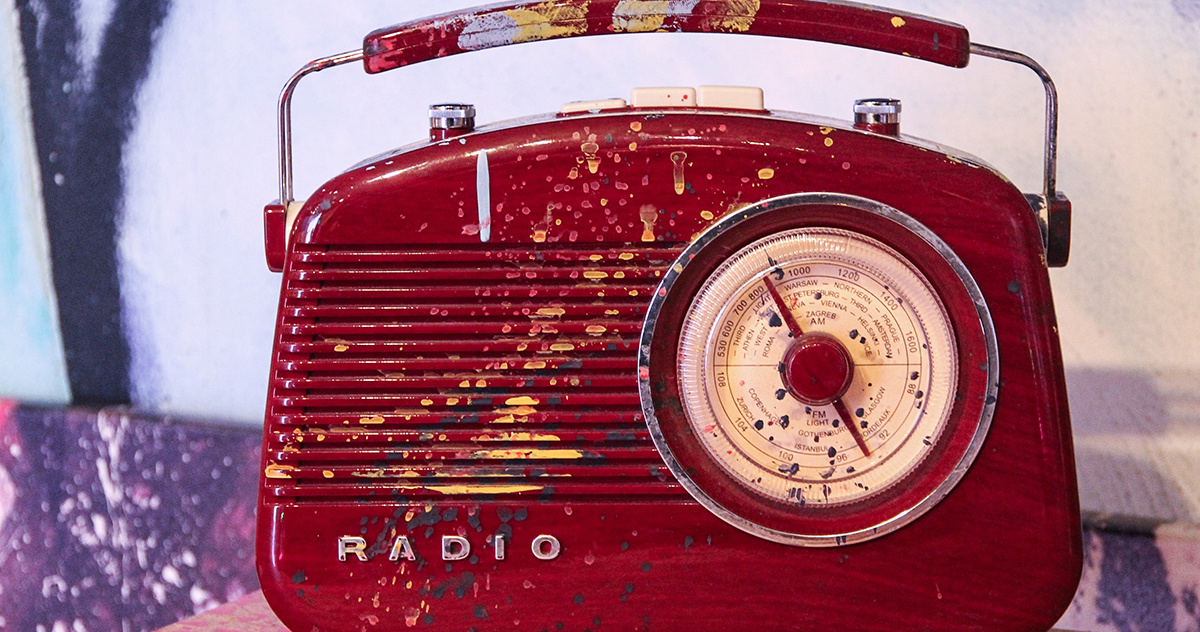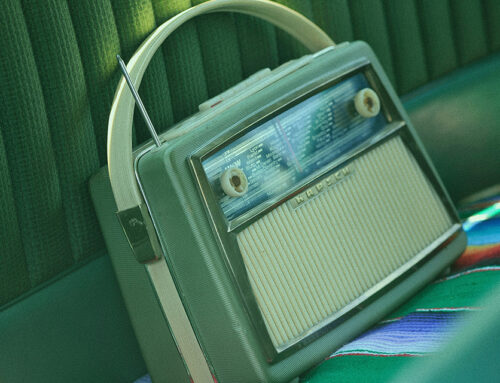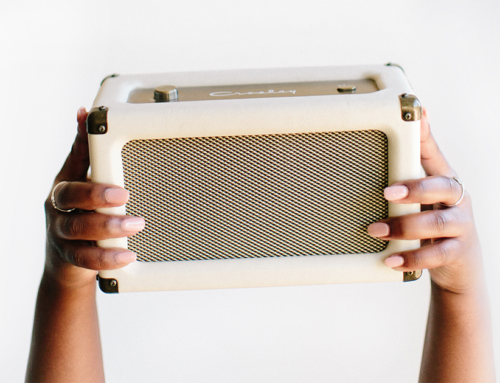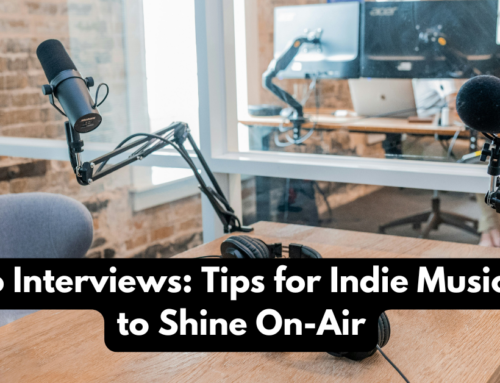Understanding Radio Royalties: What Indie Musicians Need to Know
As an indie musician, navigating the complexities of the music industry can be challenging, especially when it comes to understanding radio royalties. One crucial area that many artists overlook is how radio royalties work. Whether you’re getting airplay on local stations or national broadcasts, understanding how to maximize your earnings from radio plays is essential. In this blog post, we’ll break down everything indie musicians need to know about radio royalties.
What Are Radio Royalties?
When your music is played on the radio, you are entitled to receive royalties. These payments are typically divided into two primary categories:
- Performance Royalties: These are paid when your music is broadcasted, whether it’s on radio, television, or online streaming platforms. Organizations like SOCAN, ASCAP, BMI, and SESAC manage these royalties and ensure artists receive their fair share.
- Mechanical Royalties: While mechanical royalties are mainly associated with physical sales (like CDs and vinyl) and digital downloads, they can also come into play if your music is included in a compilation or used in a way that involves reproduction.
Who Pays the Radio Royalties?
Radio stations usually pay performance royalties to Performance Rights Organizations (PROs). These organizations collect royalties from radio stations and then distribute them to the songwriters, composers, and publishers. It’s worth noting that payment amounts can vary based on factors like the size of the station, the time of play, and the number of listeners.
Why Indie Artists Should Care About Radio Royalties
- Income Generation: Regular airplay can significantly contribute to your income, especially if your music gains popularity. While it may not make you rich overnight, it can provide a steady income stream.
- Exposure: Getting your songs played on the radio can enhance your visibility as an artist. Increased exposure often leads to more streaming, downloads, and ticket sales for shows.
- Credibility: Airplay can add credibility to your music career. It’s a sign that your work is being recognized and appreciated by others in the industry, which can open doors for more opportunities.
How to Ensure You Get Paid from Radio Royalties
1. Join a Performance Rights Organization (PRO)
The first step you’ll want to take is to register with a PRO like SOCAN in Canada and ASCAP, BMI, or SESAC in the US. These organizations manage your performance royalties and ensure you receive payments when your music is played on the radio.
2. Register Your Music
Make sure all your songs are properly registered with your PRO. Include all relevant information like songwriters, publishers, and any other contributors. This ensures that you’ll receive the royalties owed to you.
3. Keep Track of Your Airplay
Monitoring where and how often your music is played can be challenging, but it’s essential. You can use automated tracking services like Radio Airplay Monitor or Tunecore to help you track your plays and ensure you receive the royalties due to you. If you hire a radio promoter like AM to FM Promotions we keep track of it for you and provide weekly reports.
4. Build Relationships with Radio Stations
Networking with radio DJs and station managers can significantly enhance your chances of getting airplay. The more personal connections you make, the more likely you are to get your music played. AM to FM Promotions encourages our artists to connect with stations that add their music via thank you emails, social media shout outs and more. Andrea Morris often arranges radio tours for artists and even created a showcase that flew in radio programmers from across Canada called North of Nashville.
Common Myths About Radio Royalties
1. “I don’t need to register my music if I’m self-released.”
This is false; regardless of whether you’re signed to a label or self-released, you still need to register your songs with a PRO to collect royalties.
2. “Airplay doesn’t pay much, so it’s not worth it.”
While individual plays may not pay a large sum, regular airplay, especially on larger stations, can add up significantly—especially if you start receiving royalties from multiple streams of play. Just one spin on SiriusXM pays $44 CAD.
Conclusion
Understanding radio royalties is critical for indie musicians looking to generate income and gain exposure in the music industry. By registering with a PRO, tracking your airplay, and nurturing relationships with radio stations, you can make the most of your music’s airplay potential.
So, don’t overlook the power of radio—get your music out there, and ensure you’re getting compensated for your creativity. The world is listening, and it’s time for you to claim your share!
If you found this blog helpful, consider sharing it with your fellow indie artists! For more insights and tips on music promotion and the industry, follow us on Instagram.





